Little Star
LibriVox volunteers bring you 21 recordings of The Little Star, author unknown, which parodies the previous week’s children’s favourite The Star. This was the Weekly Poetry project for March 31st, 2013. [chương_files]


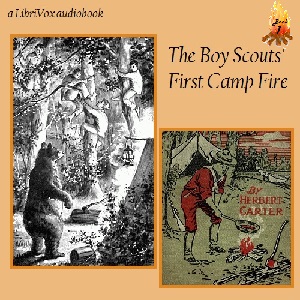


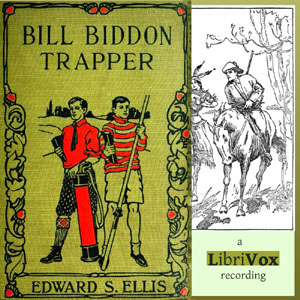




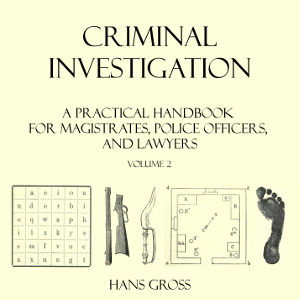
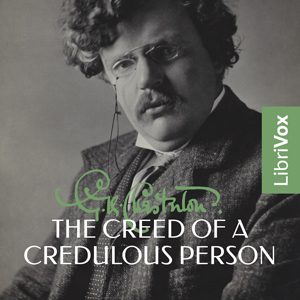

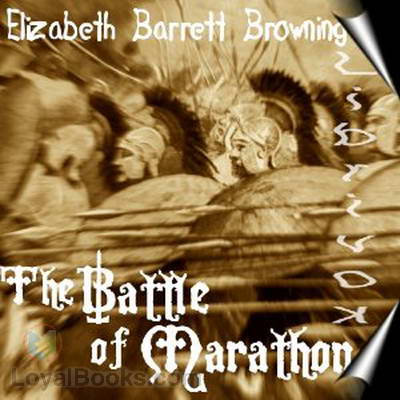
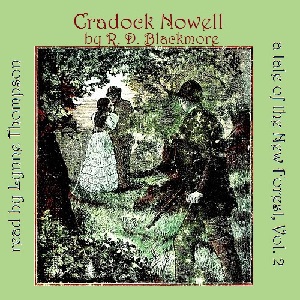



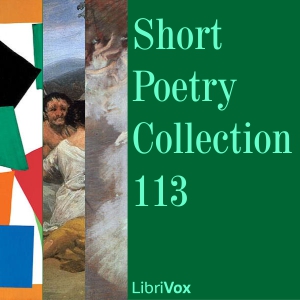
LibriVox volunteers bring you 21 recordings of The Little Star, author unknown, which parodies the previous week’s children’s favourite The Star. This was the Weekly Poetry project for March 31st, 2013. [chương_files]
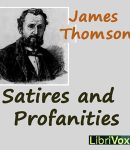
“Believing as I do that James Thomson is, since Shelley, the most brilliant genius who has wielded a pen in the service of Freethought, I take a natural pride and pleasure in rescuing the following articles from burial in the great mausoleum of the periodical press. There will doubtless be a diversity of opinion as to their value. One critic, for instance, has called “The Story of a Famous Old Jewish Firm” a witless squib; but, on the other hand, the late Professor Clifford considered it a piece of exquisite mordant satire worthy of Swift. Such differences are inevitable from the very nature of the subject. Satire, more than any other form of composition, rouses antipathy where it does not command applause; and the greater the satire, the more intense are the feelings it excites.” (G. W. Foote in his Preface) [chương_files]
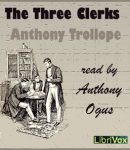
Romance and crime in the mid-19th century British Civil Service. In this early novel,Trollope draws on his own experiences as a junior clerk in the General Post Office to provide an entertaining and moving account of how ambition within the service can affect friendship and love. (Summary by Anthony Ogus) [chương_files]
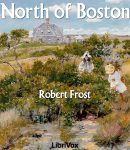
One of the first collections of poetry by Robert Frost, published in 1914. (Summary written by Gesine) Contents (with beginning time): Part 1* Mending Wall (00:01:20) The Death of the Hired Man (00:03:45) The Mountain (00:12:20) A Hundred Collars (00:18:14) Part 2* Home Burial (00:00:18) The Black Cottage (00:06:16) Blueberries (00:12:56) A Servant to Servants (00:18:44) Part 3* After Apple-picking (00:00:16) The Code (00:02:16) The Generations of Men (00:08:01) The Housekeeper (00:18:55) Part 4* The Fear (00:00:16) The Self-seeker (00:05:27) The Wood-pile (00:16:35) Good Hours (00:18:47) [chương_files]
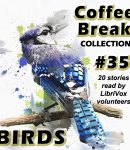
This is the 35th Coffee Break Collection, in which LibriVox readers select and read stories or poems, fiction or non-fiction pieces of fifteen minutes’ duration or less, suitable for short commutes and coffee breaks. The subject for this collection is “BIRDS” (includes bird watching, training, pets, migratory patterns, filming, fantasy fiction, etc) … and the collection is full after 20 pieces have been submitted. [chương_files]

Étienne de La Boétie was the closest friend of Michel de Montaigne and the subject of the latter’s famous essay “On Friendship.” Here, however, he tackles a different, more impersonal relationship: that of ruler and ruled. The argument in this work is encapsulated in this quote: “A people enslaves itself, cuts its own throat, when, having a choice between being vassals and being free men, it deserts its liberties and takes on the yoke, gives consent to its own misery, or, rather, apparently welcomes it.” Montaigne claimed that Boétie composed this work at the age of 18, and it was published over a decade after the young man’s tragic death at 32. Some commentators up to the present day have argued that Montaigne himself was the author, and that he used the cover of his late friend’s name because of its radical content. Whatever the truth, these words have inspired anti-authoritarian thinking for centuries. – Summary by Ben Adams [chương_files]
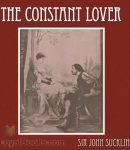
Sir John Suckling (1609-42) was one of the Cavalier poets at the court of King Charles I of England. He took up arms in the conflicts of that era but was said to be more fit for the boudoir than the battlefield. He was a prolific lover, a sparkling wit and an excessive gamester and is credited with inventing the card game, Cribbage. Cavalier poetry was witty, decorous and sometimes naughty. The Constant Lover displays these elements as well as Suckling’s conversational ease and charm. [chương_files]
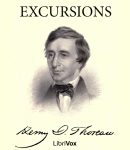
Excursions is an 1863 anthology of several essays by American transcendentalist Henry David Thoreau. The anthology contains an introduction entitled “Biographical Sketch” in which fellow transcendentalist Ralph Waldo Emerson provides a description of Thoreau. The book, other than R. W. Emerson’s biography of Thoreau, contains nine of Thoreau’s essays: Natural History of Massachusetts, A Walk to Wachusett, The Landlord, A Winter Walk, The Succession of Forest Trees, Walking, Autumnal Tints, Wild Apples, and Night and Moonlight. – (summary from Wikipedia.org) [chương_files]
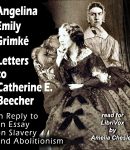
This is a collection of thirteen letters from Angelina Grimké on the subjects of abolitionism and human rights in the United States. [chương_files]
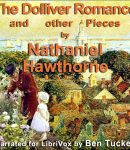
This post-humous collection of stories, sketches and essays by celebrated quintessential New England author Nathaniel Hawthorne gives us glimpses of the many different facets of Hawthorne’s personality. The titular tale The Dolliver Romance was an unfinished manuscript that was edited and prepared for publication after Hawthorne’s death and relates the story of an aged man with a small child in his care who swallows a magical tincture daily that rejuvenates his vitality, reversing the aging process. Also in a more fantastical vein are the stories “The Ancient Ring”, a legend told of a ring cursed, and “Graves a Goblins”, a wryly humorous and moving tale from the point of view of a ghost. In addition, found within are non-fiction essays such as “Sketches from Memory” and “My Trip to Niagara” where Hawthorne evokes a sense of place and time in a most remarkable and vivid fashion. We also see Hawthorne’s somber, allegorical side in stories such as “Fragments from the Journal of a Solitary Man” and “The Old Woman’s Tale”, stories told with a nuanced touch. For fans of Hawthorne, this collection provides a last look at various works a master storyteller has given so generously. (Summary by Ben Tucker) [chương_files]
Copyright © 2024 | FreeAudible